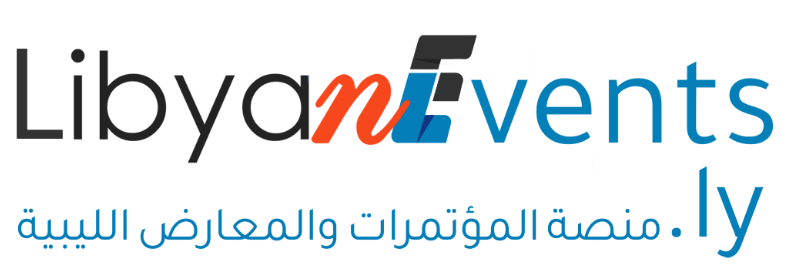
The overlap between what is poetic and what is narrative is a remarkable feature in contemporary Libyan literature, which prompts the reader to several questions about the reasons for the decline and displacement of strict qualitative boundaries, and in view of this openness to other genres, the reader becomes required to renew the reading tools and transfer them from one type to another to reveal The artistic alternatives created by the poetic and narrative genres. On the one hand, the poetic text, especially the prose poem, found refuge in the narration from monophonic and excessive lyricism. He employed the pronouns of narration and indirect narration in writing a poem in which the self-writer does not say (I), as the poetic text benefited from the narration in Constructing scenic and dialogic images that go beyond the rhetorical dimension of the image. On the other hand, the novel derived from poetry its language, rhythm, metaphors and symbols. The novel often became a calligraphy and a holistic metaphor that controls the growth and regularity of the narrative. From here, the scientific committee of the conference decided to put this overlap between poetry and narrative into place. The study evaluates the Libyan monetary efforts in approaching this topic.



